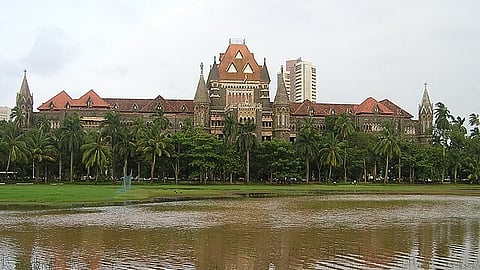Impact on Cognitive Skills
The court highlighted that a lack of sleep can harm a person's mental abilities. They explained that when someone is deprived of sleep, it can affect their cognitive skills, which include thinking, learning, and decision-making. This means that staying awake for prolonged periods, especially during the night, can impair a person's ability to function effectively and make sound judgments.
Deprivation of Sleep Rights
The High Court criticized the practice of questioning individuals during late hours, which leads to sleep deprivation. They noted that when someone is called upon for questioning, they should not be deprived of their right to sleep for an unreasonable amount of time. This means that investigative agencies should schedule interviews and statements during reasonable hours, allowing individuals to maintain their sleep patterns and overall well-being.
Disapproval of Questioning Practices
The court expressed disapproval of the Enforcement Directorate's practice of interrogating individuals throughout the night. They emphasized that recording statements at unearthly hours is unacceptable and goes against the principles of human rights. This means that agencies like the ED should refrain from conducting interviews and investigations during late hours to ensure that individuals' rights, including the right to sleep, are respected.
Importance of Earthly Hours
The High Court stressed the importance of conducting interviews and recording statements during earthly hours, meaning reasonable times of the day. They stated that statements should not be recorded during the night when a person's cognitive abilities may be impaired due to a lack of sleep. This means that scheduling interviews and investigations during daytime hours ensures that individuals are in a better mental state to provide accurate information and cooperate with authorities.
Health Implications of Sleep Deprivation
Lack of sleep can seriously affect a person's health. When someone doesn't get enough sleep, it can mess with their mental abilities and physical well-being. It might make them feel tired and grumpy during the day, and over time, it could even cause more serious health issues.
For instance, it can mess with a person's ability to think clearly and make good decisions. It can also impact their mood and increase the risk of things like depression and anxiety. Plus, it can weaken the immune system, making it easier to get sick. So, getting enough sleep is super important for staying healthy and feeling good.
When it comes to depriving someone of sleep, whether they agree to it or not doesn't matter. Even if someone says it's okay to keep them up late, it's still not right to do it. The court made it clear that even if someone agrees to have their statement recorded late at night, it's still not okay because everyone has a basic right to sleep. So, even if someone says it's fine to question them late, it's still against their human rights.
As a whole, the Bombay High Court's decision emphasizes the importance of respecting individuals' right to sleep and highlights the need for investigative authorities to conduct interrogation during normal hours. By stressing fundamental human rights, the court establishes a standard for protecting dignity and equity in legal procedures.
(Rehash/ Susmita Bhandary)


